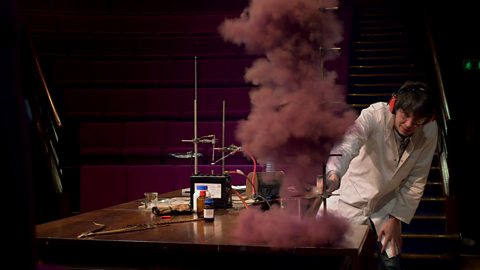Video summary
Professor Brian Cox learns that drugs are not discovered by accident, but that the process usually begins with a library of chemicals that can be tested in automated processes to find out which ones are potentially beneficial.
However, he goes on to explain that targeted research does not tend to report negative results of these trials, unlike traditional academic journals, which could potentially be worrying.
This short film is from the ±«Óătv series, Science Britannica.
Teacher Notes
This short film could be used as a stimulus to discuss the different ways that scientists work and how they communicate their research findings.
Students could be encouraged to compare science on an industrial scale to experiments conducted by an individual. What are the advantages and disadvantages of each approach?
What are some fields other than medicine that rely on targeted research?
This short film will be relevant for teaching biology and chemistry at KS3 and KS4/GCSE level.
This topic appears in AQA, OCR, EDEXCEL, CCEA, WJEC, SQA.
Global warming resistant GM crops. video
Brian Cox outlines the history of the discovery of DNA and how this has led to a controversy over the use of genetic modification in agriculture.
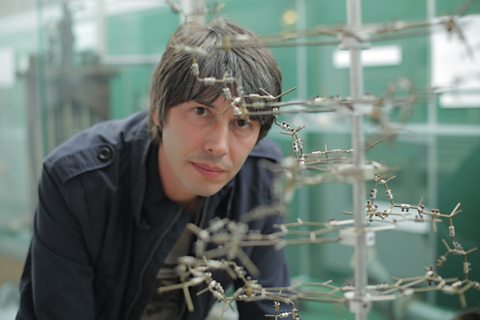
John Hunter and public engagement in science. video
Brian Cox describes how John Hunter pushed the boundaries of medicine using corpses obtained from grave-robbing and how he set up a museum to open minds about medical research.
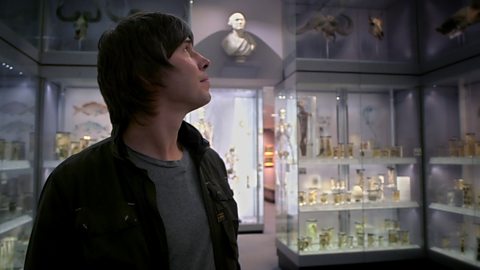
William Perkin and making scientific discoveries by chance. video
Brian Cox uses William Perkin's discovery of mauveine to explain how scientific discoveries are sometimes made by chance.
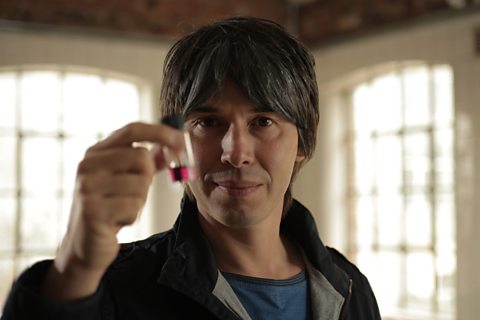
Sir Isaac Newton and the scientific method. video
Brian Cox outlines the historical context of the era in which Newton began to be interested in the nature of the visible spectrum obtained using a prism.
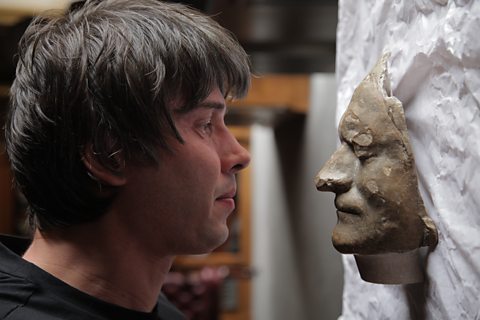
John Tyndall and blue skies research. video
Brian Cox describes the work of John Tyndall and his attempts to explain what makes the sky blue and the sunset red.

Who was Henry Cavendish? video
Professor Brian Cox introduces Henry Cavendish, the 18th Century scientist who investigated hydrogen, came up with the formula H20 and founded the Royal Institution.
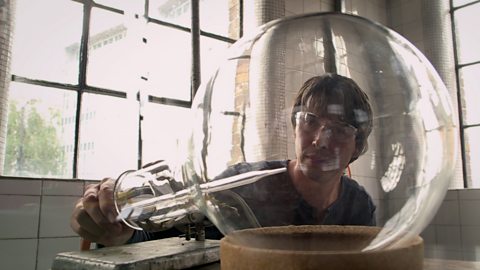
Who was Humphry Davy? video
Brian Cox follows in the footsteps of 19th Century chemist Humphry Davy, recreating one of his explosive experiments that he used to impress the crowds at the Royal Institution.
